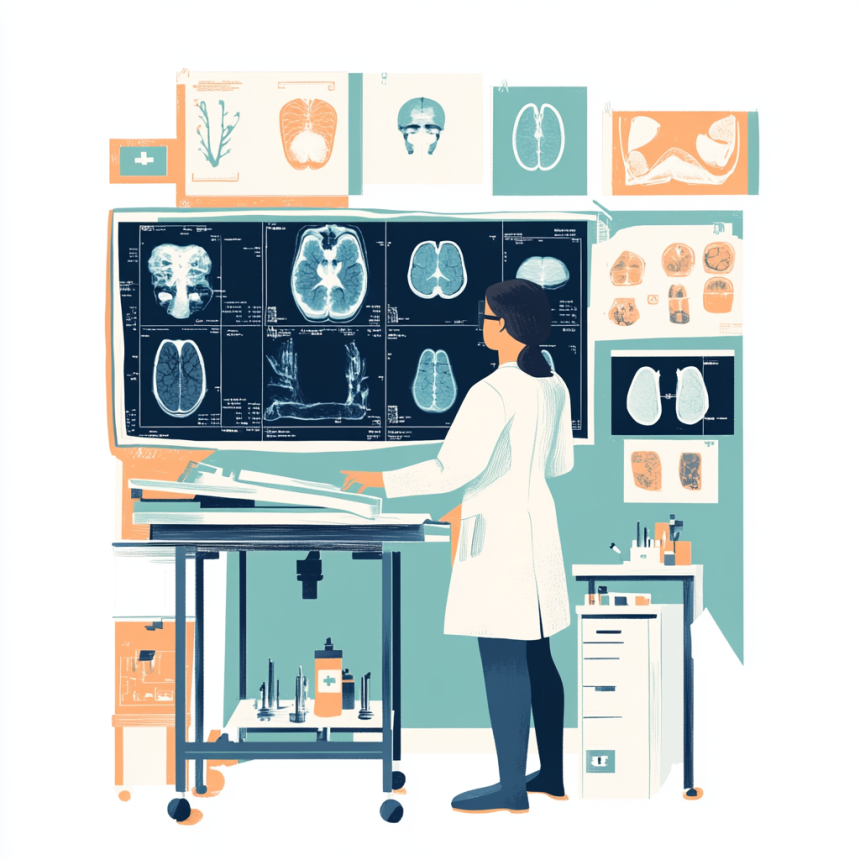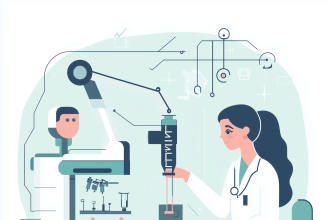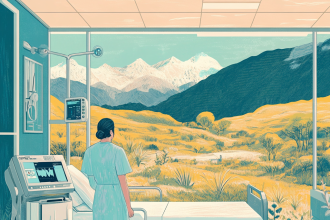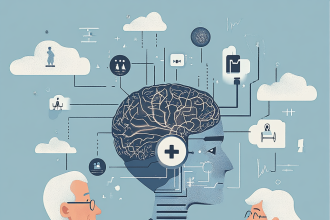As first reported by Radiology, AI decision support significantly improves breast cancer detection accuracy among radiologists during screening mammogram reviews. The study, conducted by researchers at Radboud University Medical Center in the Netherlands, evaluated how AI influences not only diagnostic accuracy but also visual search behavior using eye tracking technology.
The researchers equipped 12 radiologists with an eye tracking system as they reviewed mammograms from 150 women—75 with confirmed breast cancer and 75 without. With AI support, radiologists showed improved accuracy without an increase in reading time or reduction in specificity. The eye tracking data further revealed that AI shifted radiologists’ attention toward regions of actual pathology, acting as a visual guide and helping radiologists prioritize their focus.
AI acts as a “second set of eyes”
Jessie J. J. Gommers, M.Sc., joint first author of the study, explained that the AI system effectively nudged radiologists toward potentially malignant areas by marking regions with varying levels of suspicion. A high AI score prompted more careful evaluation, while low scores allowed quicker dismissal of normal cases. This nuanced interaction helped radiologists manage their time and attention more efficiently across cases of varying complexity.

Jessie Gommers. Source: radboudimaging.nl.
While the results are promising, Gommers cautioned against blind reliance on AI outputs. Although current systems perform comparably to radiologists, erroneous suggestions could still lead to missed cancers or unnecessary recalls. To address this, the team is developing tools to assess AI uncertainty and exploring when AI information should be shown during a case review. Gommers emphasized that radiologists must remain accountable and be trained to critically assess AI guidance.
The study underscores AI’s potential to improve both the accuracy and efficiency of breast cancer screening by reshaping how radiologists interact with medical images. By serving as a digital co-pilot rather than a replacement, AI may become an indispensable tool in early cancer detection—if implemented with thoughtful oversight and ongoing education.





